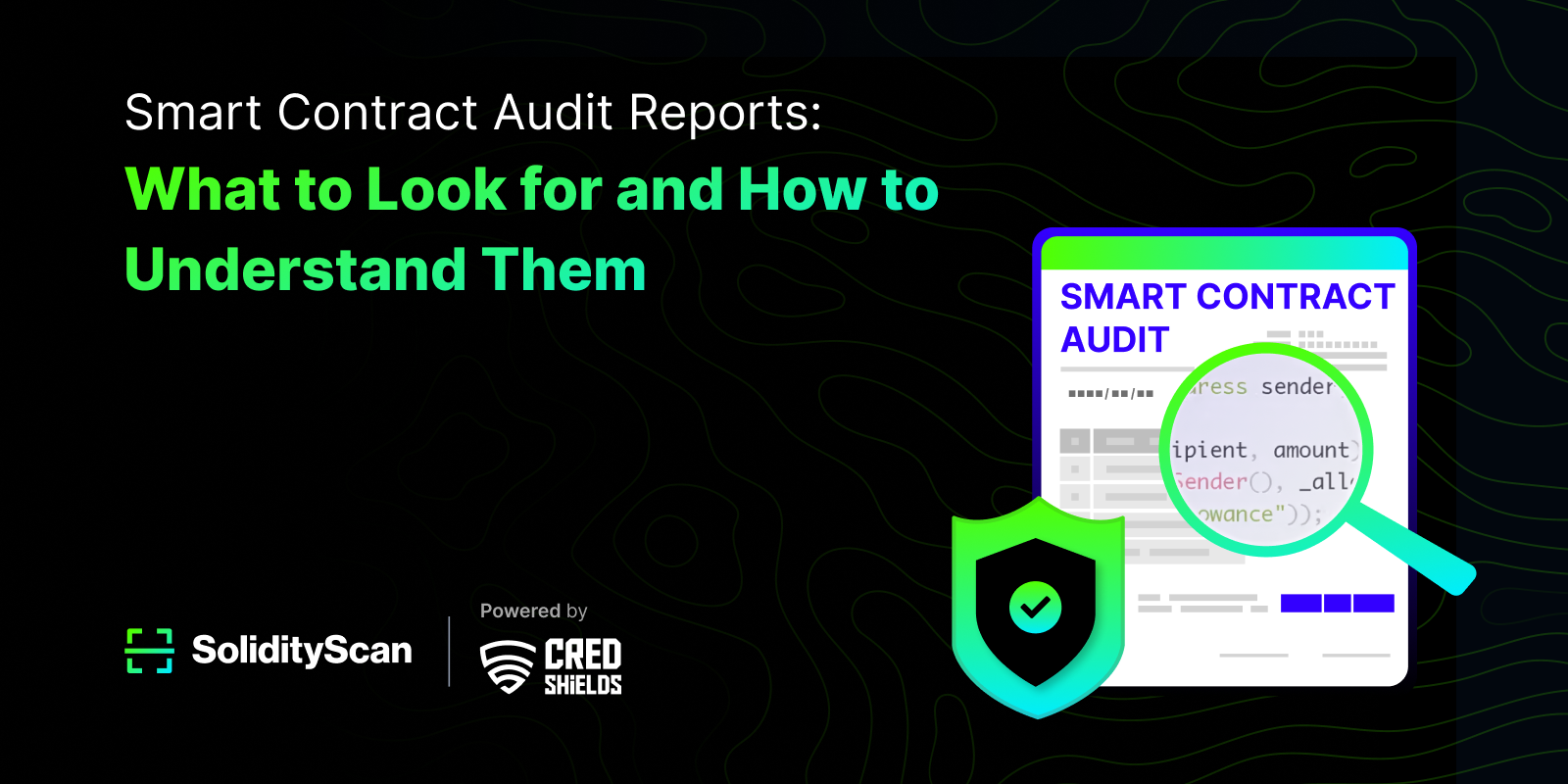Smart contracts are the backbone of decentralized applications (dApps), powering everything from DeFi protocols to NFT marketplaces. However, their security is paramount. One crucial step in securing your smart contract is a thorough audit. But the audit report itself can be a complex document. This article will equip you with the knowledge to navigate these reports and ensure your smart contract is built on a solid foundation.
The Staggering Cost of Insecure Code
Imagine millions of dollars in cryptocurrency dissolving into the digital ether. This isn’t science fiction; it’s the unfortunate reality that awaits projects with vulnerable smart contracts. These self-executing agreements power a vast array of blockchain applications, from decentralized finance (DeFi) to tokenized assets. But a single, critical vulnerability can act as a backdoor for malicious actors, leading to the theft of cryptocurrency and the erosion of user trust.
The landscape is littered with cautionary tales. According to a 2023 report, over 74,000 security audit findings were identified in smart contracts. These findings represent potential entry points for attackers, highlighting the ever-present risk. The financial losses can be staggering. In just the first half of 2023, cryptocurrency was stolen due to hacks and exploits, a significant portion of which can be attributed to vulnerabilities in smart contracts.
This doesn’t have to be the future. By prioritizing smart contract security and employing rigorous audits, developers can build bulletproof contracts that safeguard users’ assets and foster a more secure and thriving blockchain ecosystem.
Understanding Your Smart Contract Audit Report
A well-structured smart contract audit report should provide a comprehensive overview of the audit process and its findings. But what should you look for? Here’s a breakdown of key components, along with some data-driven insights:
- Executive Summary: This concise section offers a high-level view of the audit’s findings. Look out for the overall risk assessment, with statistics like the number of critical vulnerabilities identified. According to a study, critical vulnerabilities account for an average of 10% of all findings in a smart contract audit.
- Methodology: Understanding the methodology is crucial. Did the audit leverage industry-standard tools and techniques?
- Identified Vulnerabilities: This section details each vulnerability discovered, categorized by severity (critical, high, medium, low). It’s important to understand the potential impact of each vulnerability. Research suggests that reentrancy attacks remain a common threat, so pay close attention to findings related to this type of vulnerability.
- Remediation Plan: The auditors should propose solutions or workarounds to address the identified vulnerabilities. This plan helps developers understand how to fix the security gaps.
Beyond the Basics: Strengthening Your Security Posture
While the above sections provide a solid foundation, consider these additional factors:
- Auditor Reputation: Choose audit firms with a proven track record and a team of experienced blockchain security professionals.
- Scope Limitations: Understand the limitations of the audit. Did it cover all functionalities of the smart contract?
- Severity Classifications: Different auditors might have varying classifications for vulnerability severity. Ensure you understand the specific criteria used in the report you’re reviewing.
- Code Comments and References: Well-written reports often include references to specific lines of code where vulnerabilities reside. This allows developers to pinpoint and fix the issues efficiently.
Conclusion: Knowledge is Power
Smart contract audit reports might seem daunting at first. However, by familiarizing yourself with the key components, statistics, and additional considerations, you’ll be well-equipped to interpret these reports and ensure your smart contracts are built on a secure foundation. Remember, a well-conducted audit and a clear understanding of its findings are essential steps in building trust and ensuring the success of your blockchain project.

